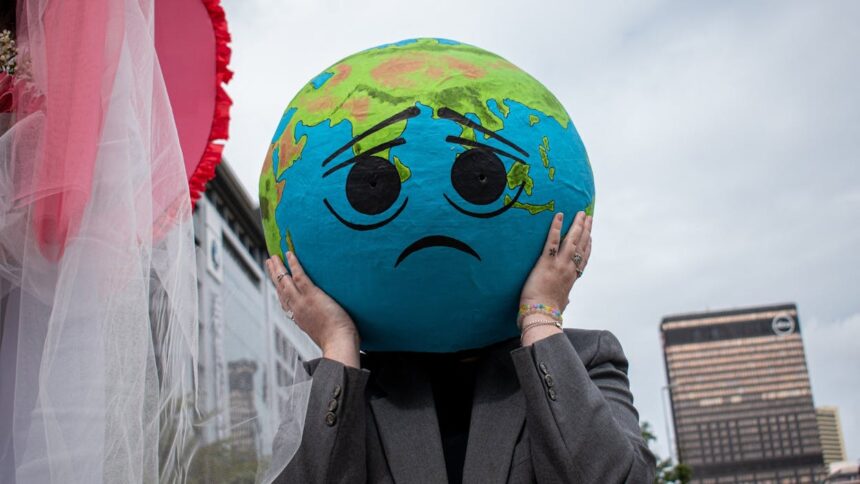Namibia has for the fourth consecutive year maintained a score of 49 out of 100 on the Transparency International’s (TI’s) Corruption Perceptions Index (CPI).
This index is the leading global indicator of public sector corruption, providing an annual comparative snapshot of 180 countries and territories.
The consistent score for Namibia has kept the country at a steady rank since 2023 at 59th out of 180 countries and territories.
The index for 2024 is calculated using data from 13 external sources.
Despite Namibia’s consistency on TInternational’s 2024 CPI released yesterday, the global organisation has warned that systemic corruption in sub-Saharan Africa is severely undermining climate action.
This is as Sub-Saharan Africa has once again registered the lowest average score globally – 33 out of 100 – well below the global average of 43.
African countries desperately need vast amounts of climate finance to implement their nationally determined contributions (NDCs) – the climate action plans submitted to the United Nations (UN).
However, according to TI, climate action faces a significant threat from corruption in the region, including through misappropriation, theft and misallocation.
This highlights the need for robust mechanisms to ensure funds allocated to climate projects benefit communities desperately dependent on them.
“Africa has the highest vulnerability to climate change impact, hosting nine of the ten most critically affected countries globally. Climate change damage costs the continent between US$290 billion and US$440 billion annually. All resources mobilised for the climate change response must be corruption-proofed through robust anti-corruption systems to shield the lives and livelihoods of hundreds of millions of Africans directly affected by harsh impacts of climate change,” said Paul Banoba, Africa regional advisor of TI.
According to TI, corruption is exacerbating the climate crisis amidst record-breaking global heating and extreme weather events.
TI highlighted the significant impact of corruption on climate-vulnerable countries and key international climate conferences.
This is as many nations that are crucial to climate diplomacy, including hosts of high-profile events like COP, are seeing declining CPI scores, with corruption hindering effective climate action.
In general, TI warned that global corruption remains alarmingly high.
The latest CPI shows that more than two-thirds of countries scored below 50 out of 100, with the global average unchanged at 43.
This underscores the urgent need for concrete action against corruption, as the latest CPI shows that 32 countries have made significant progress against corruption since 2012.
In addition, 148 countries have stagnated or declined over the same period.
“Governments and multilateral organisations must safeguard climate funds and rebuild trust by tackling corruption head-on,” said Maíra Martini, CEO of TI, who stressed the urgency of embedding anti-corruption measures in climate efforts.
He added: “Urgent action is needed worldwide to root out corruption, which undermines climate action through theft, misuse of funds and undue influence.
Governments and multilateral organisations must embed anti-corruption measures in climate efforts to protect funding and rebuild trust. Only by tackling corruption head-on can we unlock the full power of climate action and accelerate the fight for our planet – our future”.
The 2024 CPI ranks 180 countries and territories, revealing that almost 85% of the global population lives in countries with CPI scores under 50.
“Corruption is an evolving global threat that does far more than undermine development. It is a key cause of declining democracy, instability and human rights violations. The international community and every nation must make tackling corruption a top and long-term priority.
“This is crucial to pushing back against authoritarianism and securing a peaceful, free and sustainable world. The dangerous trends revealed in this year’s CPI highlight the need to follow through with concrete action now to address global corruption,” said François Valérian, chair of TI.


